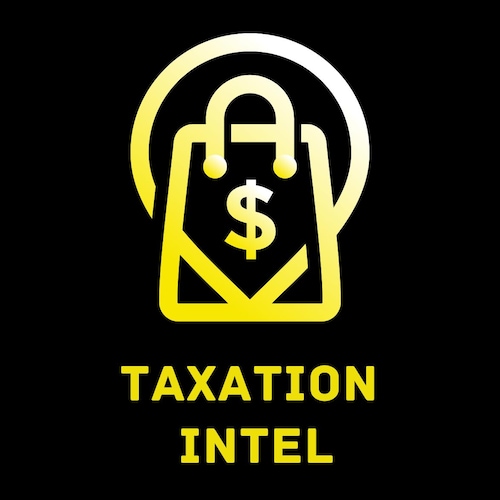Key Highlights:
This article provides eight (8) practical tips to help you survive an IRS audit with confidence and minimal stress.
1. Don't Panic
When that IRS letter arrives, your first reaction might be fear. Take a deep breath. An audit is simply a review of your tax information, not an accusation of wrongdoing. Most audits are routine checks, and many end with no changes to your tax return.

Remember that millions of taxpayers go through audits each year. The IRS selects returns for audit for various reasons - sometimes it's random, sometimes it's because something on your return needs clarification. Either way, panicking won't help, but being prepared will.
Quick Fact: Only about 1% of all tax returns get audited. Many audits are handled entirely by mail and don't require an in-person meeting.
2. Understand the Audit Letter

IRS audit letter with different sections highlighted to help survive IRS audit.
Not all audits are the same. The IRS conducts three main types of audits, and your letter will tell you which type you're facing:
Mail Audit
The simplest type. The IRS asks you to mail in specific documents to verify information on your tax return. You won't need to meet with anyone in person.
Office Audit
You'll need to bring requested documents to an IRS office. This is more detailed than a mail audit but still focused on specific items.
Field Audit
The most comprehensive type. An IRS agent will visit your home or business. These audits typically examine more complex returns.
Your audit letter will clearly state what tax year is being examined, what specific items are being reviewed, what documents you need to provide, and the deadline for your response. Read this letter carefully - it contains all the information you need to prepare.
3. Get Organized
Organization is your best friend during an audit. Start gathering all the documents mentioned in your audit letter. Create a simple filing system with folders for each category of information requested.

Organized tax documents and receipts in labeled folders to survive IRS audit
Collect all income statements (W-2s, 1099s)
Gather receipts for deductions claimed
Find bank statements that show income or expenses
Organize business records if you're self-employed
Sort documents by year and category
If you're missing receipts, try to get copies from vendors or reconstruct the information. Banks can provide copies of canceled checks, and credit card statements can help verify expenses. The IRS understands that people sometimes lose documents and will often accept reasonable reconstructions.
Pro Tip: Make copies of everything you plan to give to the IRS. Never give them your only copy of an important document.
Become an email marketing GURU!
If you want to attend the world's largest virtual email marketing event, now is the time to reserve your spot.
The GURU Conference will feature big names like Nicole Kidman, Amy Porterfield, Lance Bass (for real!), and 40+ More!
It’s two epic days packed with everything email marketing. 100% Free. 100% virtual. Join us Nov 6–7th.
Spots are limited!
I want in! (US attendees only!)
4. Know Your Rights

Taxpayer Bill of Rights document with key points highlighted to survive IRS audit.
The IRS must respect your rights during an audit. Knowing these rights helps you navigate the process with confidence:
Your Basic Rights Include:
The right to professional and courteous treatment
The right to privacy and confidentiality
The right to know why the IRS is asking for information
The right to appeal disagreements
The right to hire a representative
You Can Also:
Request more time if needed
Record meetings with IRS agents (with advance notice)
Speak to an agent's supervisor if you feel unfairly treated
End an interview to consult with a tax professional
The IRS publishes a Taxpayer Bill of Rights that explains these protections in detail. You can request a copy or find it on the IRS website. Understanding your rights helps ensure fair treatment throughout the audit process.
5. Consider Professional Help

✔️ When to Hire Help
You're facing a field audit
Large amounts of money are at stake
Business returns are being audited
You don't understand what the IRS is questioning
You feel overwhelmed by the process
❌ When You Might Handle It Yourself
It's a simple mail audit
Only one or two items are being questioned
You have all the required documentation
You understand the issues involved
You feel confident explaining your position
Three types of professionals can represent you in an audit: Certified Public Accountants (CPAs), Enrolled Agents (EAs), and tax attorneys. CPAs and EAs can handle most audit situations, while attorneys are essential if there's any suspicion of fraud or criminal issues.
"Having a professional represent you can change the entire dynamic of an audit. The IRS often takes a different approach when dealing with a knowledgeable representative."
- Tax Professional with 20+ years of experience
6. Be Truthful and Concise
Upgrade Below to get the full details of this informative tax article!
Get all your Tax Questions answered!
Questions? Opinions? Concerns? Advice? Guidance? Business or Personal. Get Tax Support contact: [email protected]
Upgrade NOW



